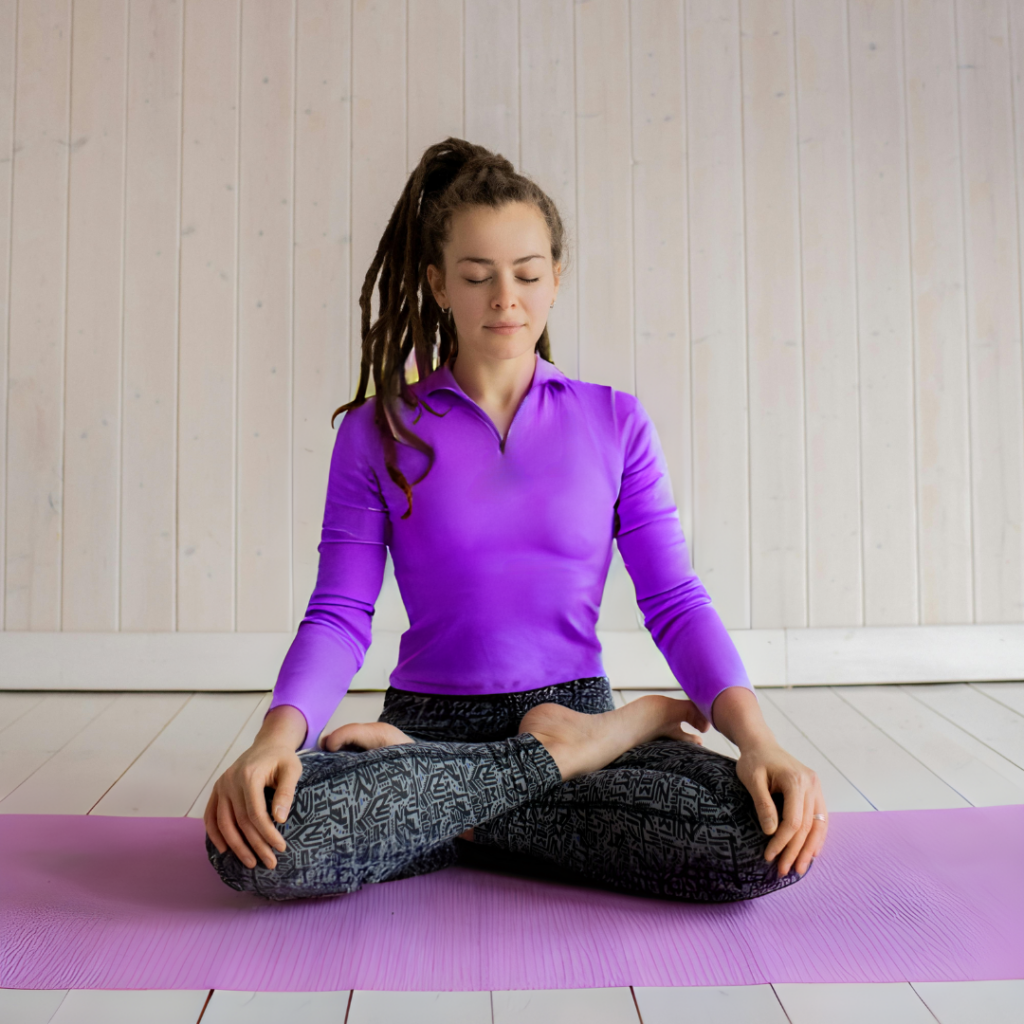
Mind, Body, and City: Wellness Moving Strategies

Moving to a new home can be both an exciting and stressful experience. While the idea of a fresh start in a new space brings anticipation, the physical and emotional toll of moving can be daunting. To make this transition smoother, it’s essential to adopt wellness moving strategies that address the mind, body, and urban living challenges. Here are some holistic tips to ensure a healthier, happier move.
1. Mental Preparation: Embrace the Change
Moving is a significant life event, and it’s natural to feel a mix of emotions. To prepare mentally:
Visualize the Positive: Envision your new home and the opportunities it brings. Create a mental image of a serene and organized space.
Mindfulness Practices: Incorporate mindfulness techniques such as meditation or deep-breathing exercises to reduce anxiety. Apps like Headspace or Calm can be handy.
Stay Organized: Make a detailed moving checklist. Break tasks into smaller, manageable steps to avoid feeling overwhelmed.

2. Physical Wellness: Take Care of Your Body
Moving involves a lot of physical activity. Protect your body by:
Proper Lifting Techniques: Bend your knees, keep your back straight, and use your legs to lift heavy items. This helps prevent injuries.
Hydration and Nutrition: Stay hydrated and eat balanced meals. Avoid the temptation of fast food by prepping healthy snacks and meals in advance.
Rest and Recovery: Ensure you get adequate sleep before and after moving day. Take breaks during the move to avoid exhaustion.
3. Urban Moving Tips: Navigating the City
Moving in a city presents unique challenges such as traffic, parking, and tight spaces. Here’s how to manage those situations as a part of your wellness moving strategies:
Plan Ahead: Check traffic patterns and parking regulations around your new home. Reserve parking spots if possible.
Professional Help: Consider hiring professional movers who are experienced with urban moves. They can handle logistical challenges and ensure a smoother process.
Declutter: Urban living often means limited space. Use this move as an opportunity to declutter and donate items you no longer need.

4. Emotional Support: Stay Connected
The emotional aspect of moving is just as important as the physical one. Maintain emotional well-being by:
Stay Connected: Keep in touch with friends and family. Share your feelings and experiences with them.
Seek Support: If you feel overwhelmed, consider talking to a therapist or counselor. They can provide strategies to cope with the stress of moving.
Celebrate Small Wins: Acknowledge and celebrate each step of the moving process. This positive reinforcement can boost your mood and motivation.
5. Post-Move Wellness: Settle In Smoothly
Once you’ve moved, focus on creating a comfortable and healthy living environment:
Set Up Soothing Spaces: Prioritize setting up a relaxing area where you can unwind. This could be a cozy reading nook or a peaceful bedroom.
Explore Your New Neighborhood: Familiarize yourself with your new surroundings. Find local parks, cafes, and community centers that can become part of your routine.
Stay Active: Integrate physical activity into your daily routine. Whether it’s a morning jog or a yoga session, staying active can help reduce stress.


